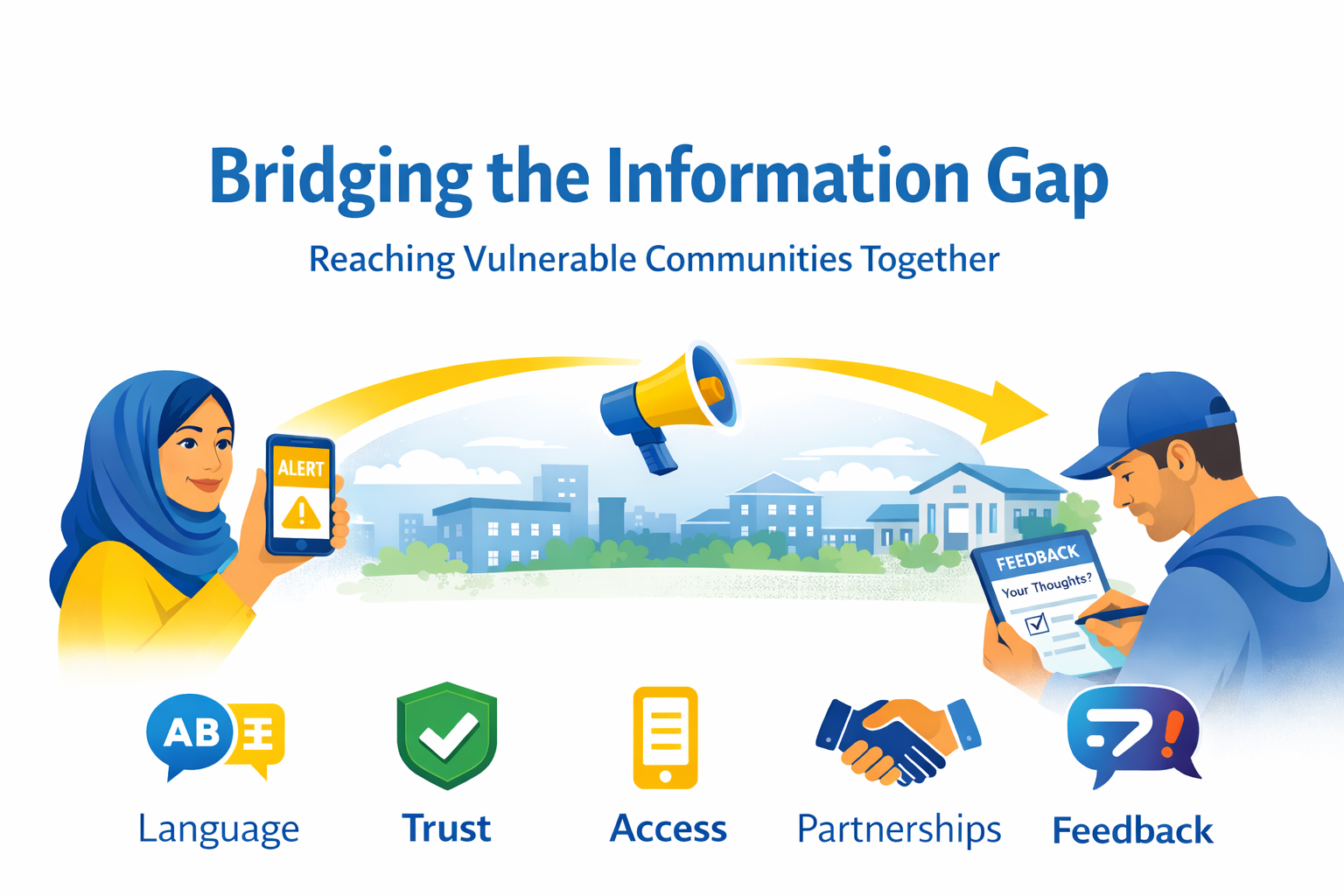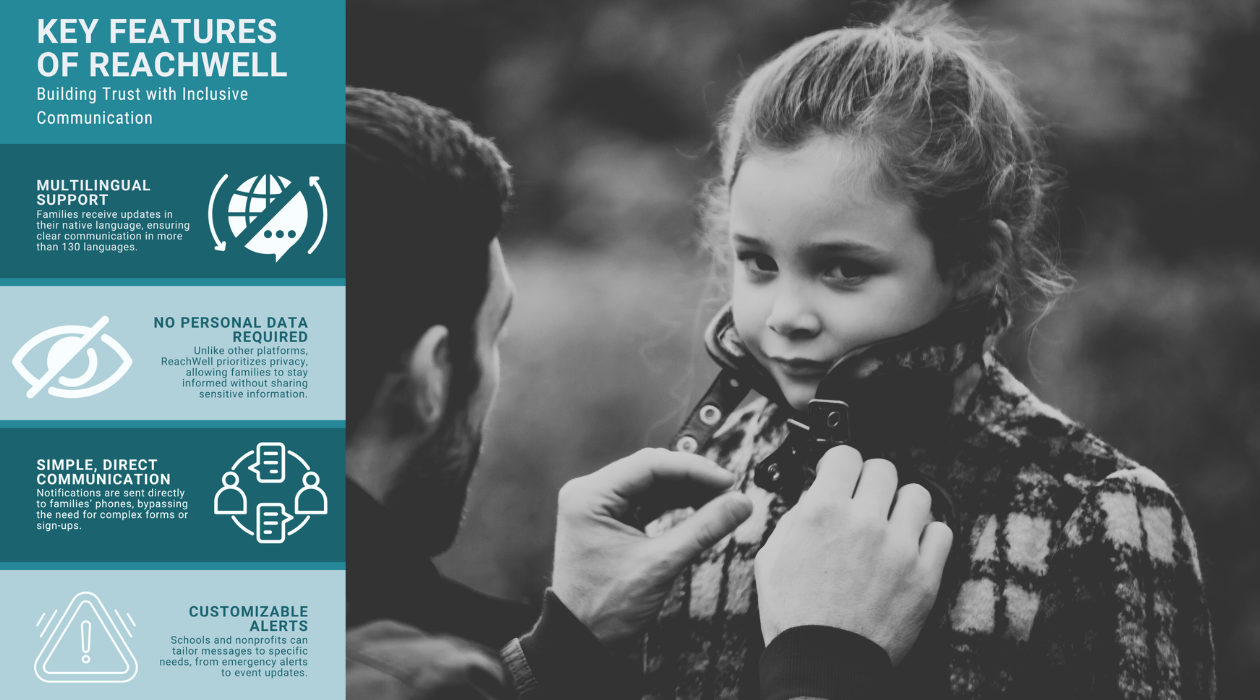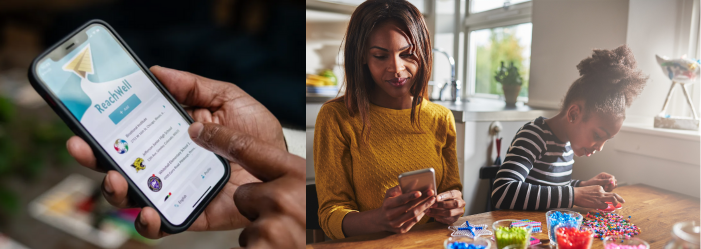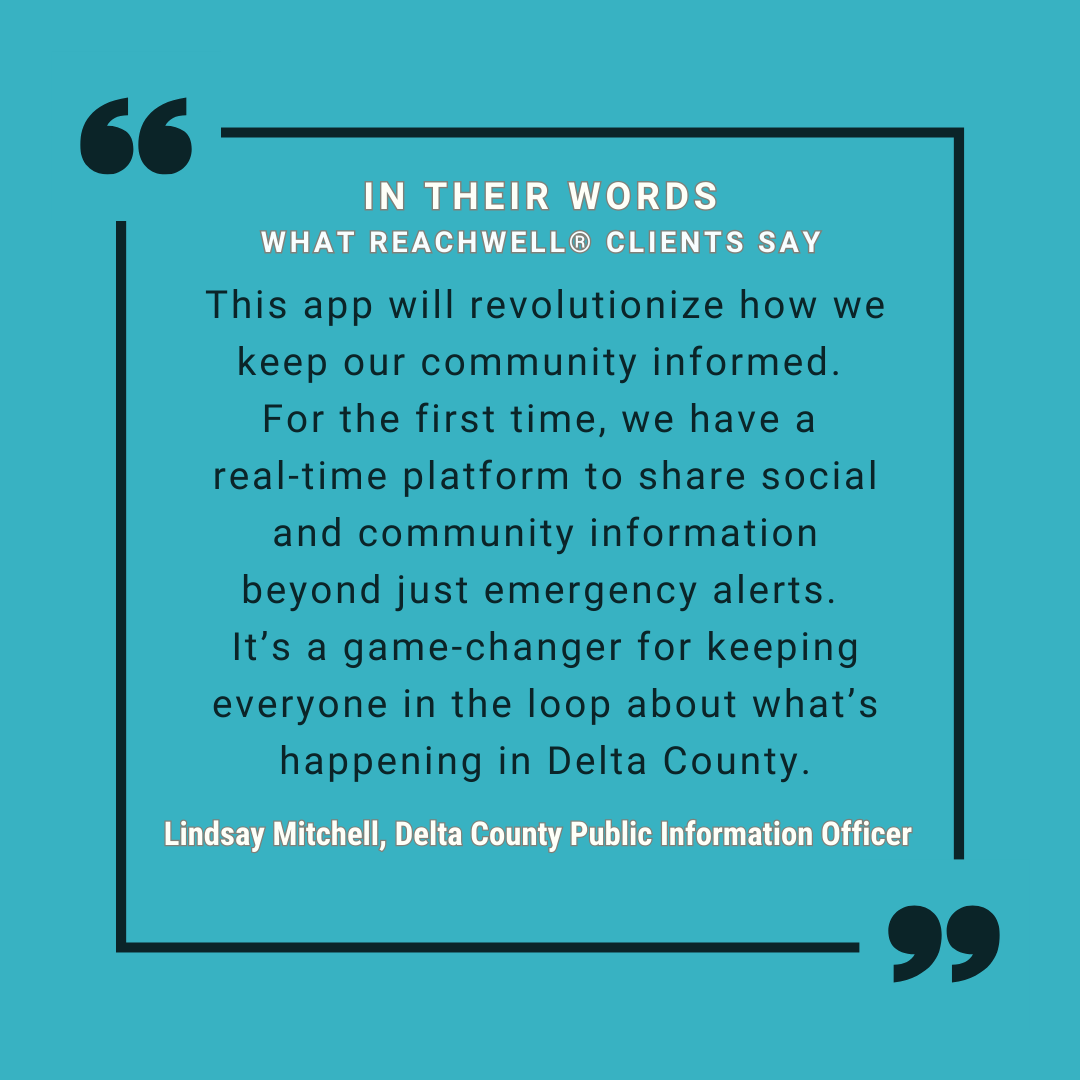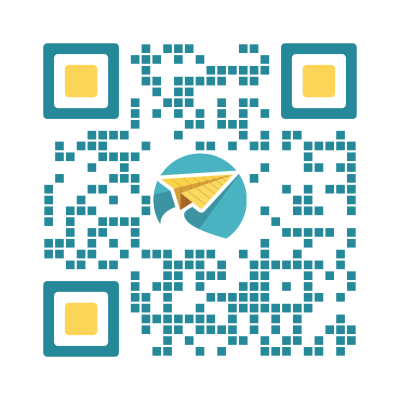Ready-to-Use Cyber-Safety Tips
Teaching students of all ages to be smart, safe, and kind online.
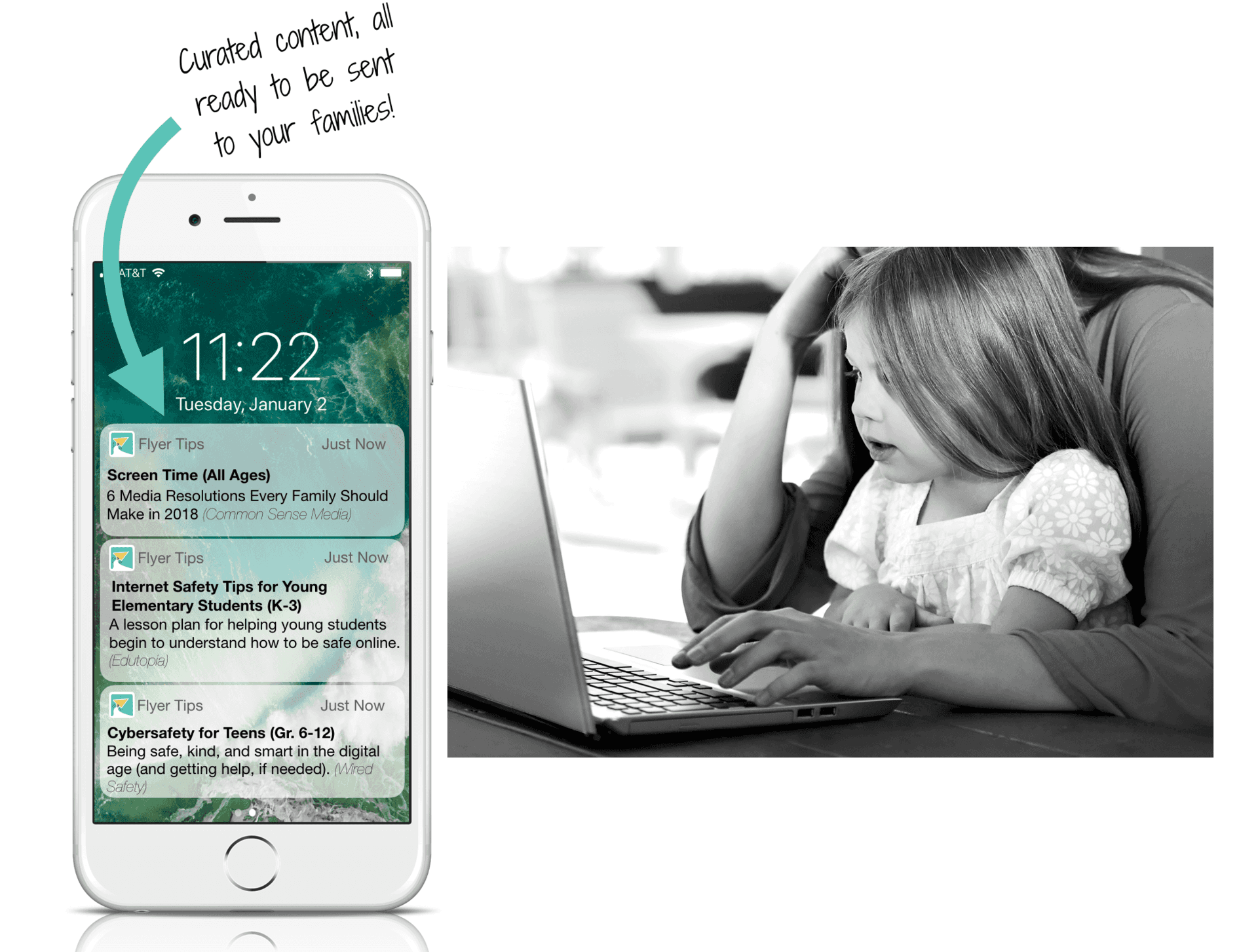
Recommended Usage:
The Flyer Team recognizes that a major concern among the parents of school-aged children is how to teach appropriate behavior online, keep their children safe on their devices, and appropriately manage and monitor screen time. We’ve amassed a list of resources broken down by age group that we think would be beneficial for your families! These are designed to be able to copy and paste into a push notification (or edited as you see fit!), and the content can be linked directly using the supplied URL!
Click HERE to see this process at work!
ALL AGES:
- Eager to be wiser about “screen time” and establish more opportunities to bond as a family in this digital age? TAP HERE for “6 Media Resolutions Every Family Should Make in 2018”:
https://www.commonsensemedia.org/blog/6-media-resolutions-every-family-should-make-in-2018
Source: Common Sense Media
- Cyberbulling is a major issue among school-aged children, and one we as a community work hard to combat! TAP HERE to watch a 60-second video addressing how cyberbullying affects students, and access a comprehensive anti-cyberbullying toolkit, consisting of video resources (in English & Spanish!) for Teachers, Students, and Parents, including game-style instruction in digital citizenship!
Source: Common Sense Media
YOUNGER STUDENTS (Kindergarten-5th Grade)
- (Kindergarten-3rd grade)
You’ve spoken with your kids about how to be smart and safe in the “real world”, but you want to make sure they understand how to interact safely online as well. BrainPOP Jr.’s “Internet Safety” toolkit incorporates a short video for students to watch, plus a wealth of supplemental resources (quizzes, and games, and lesson plans, oh my!) to ensure that even kindergartners have an awesome foundation in internet safety! TAP HERE to access the video!
https://jr.brainpop.com/artsandtechnology/technology/internetsafety/
Source: BrainPOP Jr.
- (2nd-5th graders)
Want to teach your kids how to be safe and responsible explorers of the online world? “Be Internet Awesome” is a program that includes a fun and free web-based game called Interland and an educational curriculum to teach kids about digital citizenship and online safety. The initiative will provide students with five key lessons to help them better navigate: How to be internet SMART, how to be internet ALERT, how to be internet STRONG, how to be internet KING, and how to be internet BRAVE. TAP this message to check it out
https://beinternetawesome.withgoogle.com/
Source: Google
OLDER STUDENTS (6th-12th Grades):
- Cyberbulling is a major issue among teens and tweens, and one we as a community work hard to combat! WiredSafety is one of the pioneers in the field of cybersafety, and contains information about everything from digital citizenship, to how and where to get help if someone is a victim of cyberbullying or cyberabuse, with a distinct focus on teenagers. TAP HERE to read more!
http://www.wiredsafety.com/for-teens---protecting-yourself-online
Source: WiredSafety




